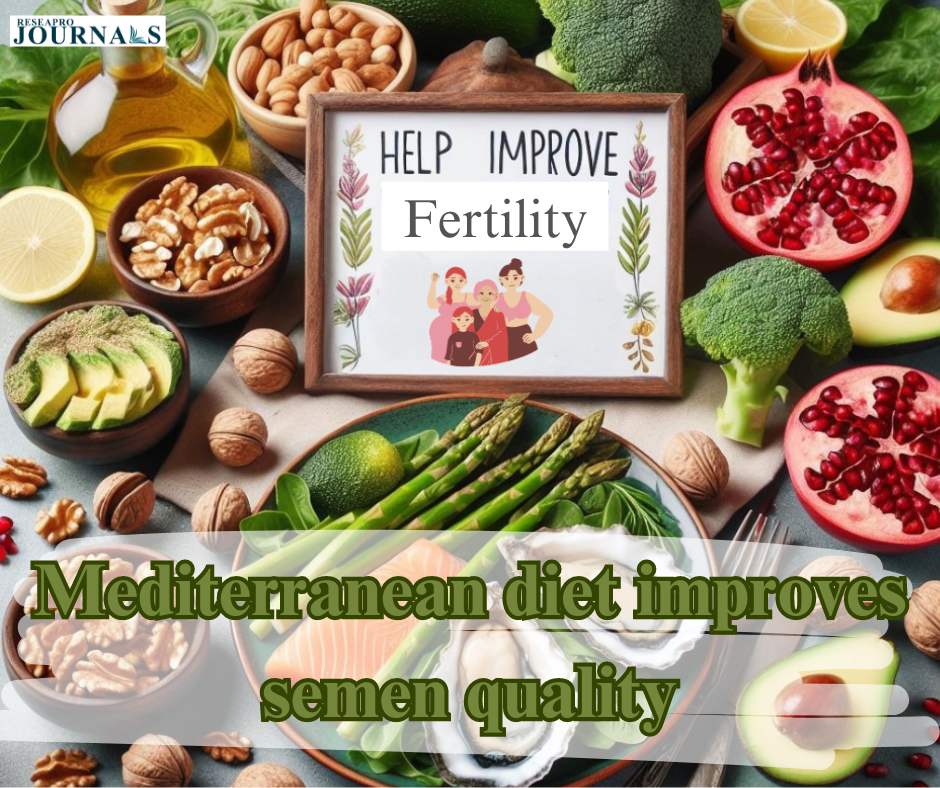

The Mediterranean diet, renowned for its health benefits, has recently garnered attention for its potential positive impact on male reproductive health. Amidst rising concerns over male infertility, characterized by issues such as impaired spermatogenesis, researchers are exploring lifestyle interventions to address this challenge.
Studies have revealed a promising link between the Mediterranean diet and improved semen quality in men. This dietary pattern, rich in fruits, vegetables, whole grains, and healthy fats, boasts anti-inflammatory properties that may counteract oxidative stress and inflammation, factors known to affect spermatogenesis adversely. Moreover, adherence to the Mediterranean diet often corresponds with a healthier lifestyle overall, including regular physical activity and avoidance of harmful habits like smoking and excessive alcohol consumption, which are associated with male infertility.
In conclusion, adopting a Mediterranean diet offers potential benefits for male fertility by positively influencing semen quality. Its anti-inflammatory properties and alignment with a healthy lifestyle contribute to its observed effects on reproductive health. Further research into the specific mechanisms underlying this relationship is warranted, but the current evidence suggests that dietary interventions like the Mediterranean diet could be a valuable tool in addressing male infertility concerns.
